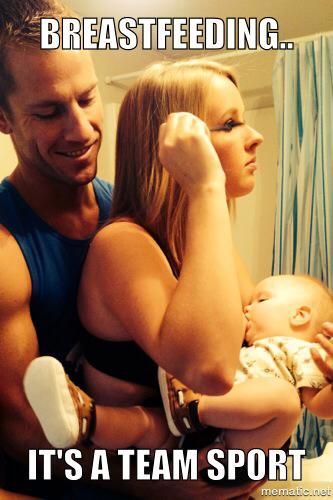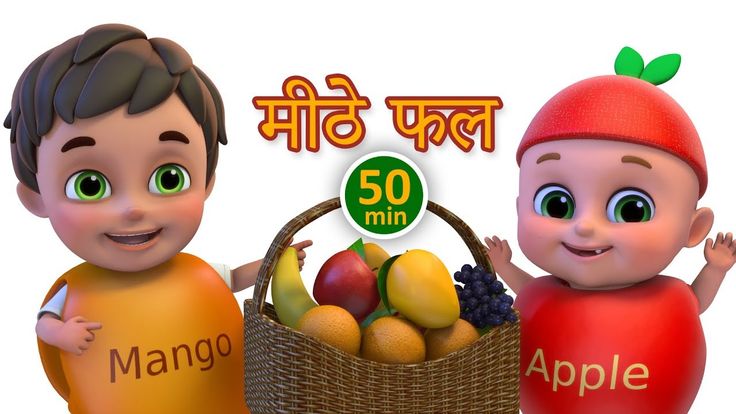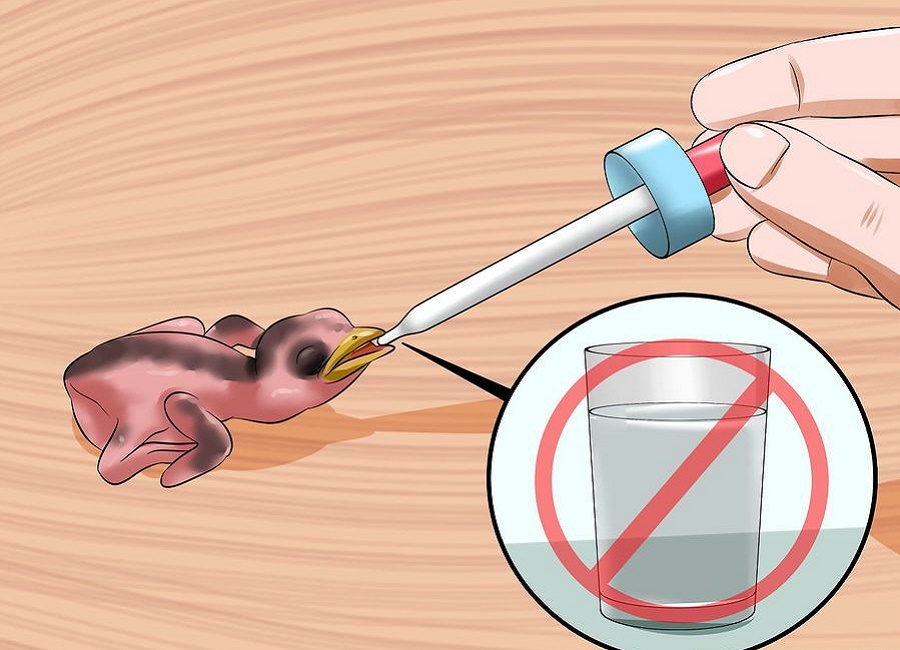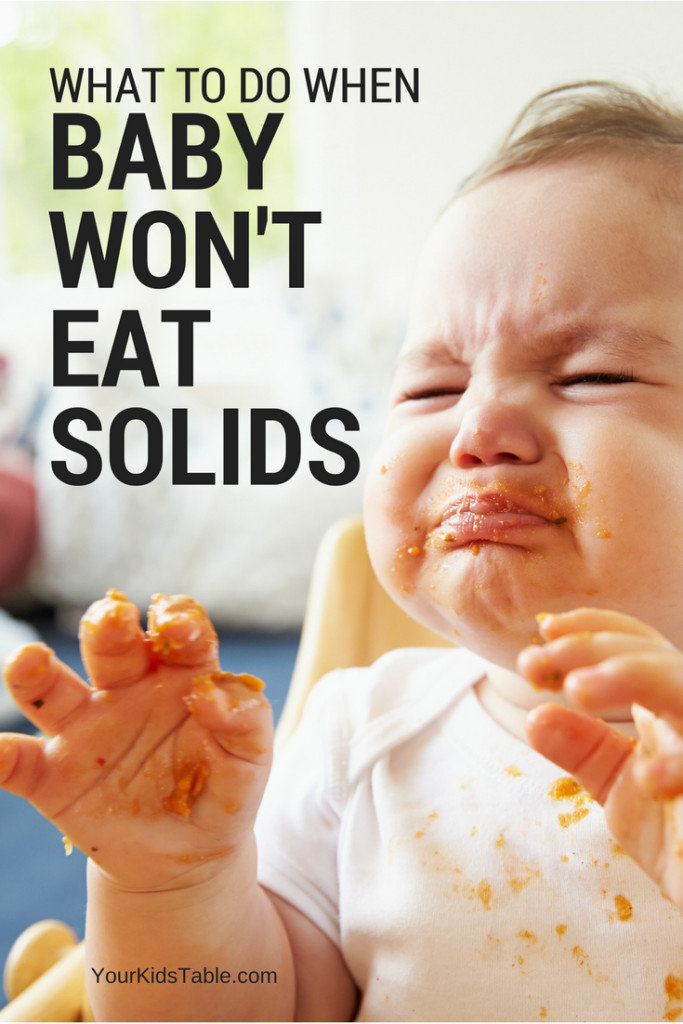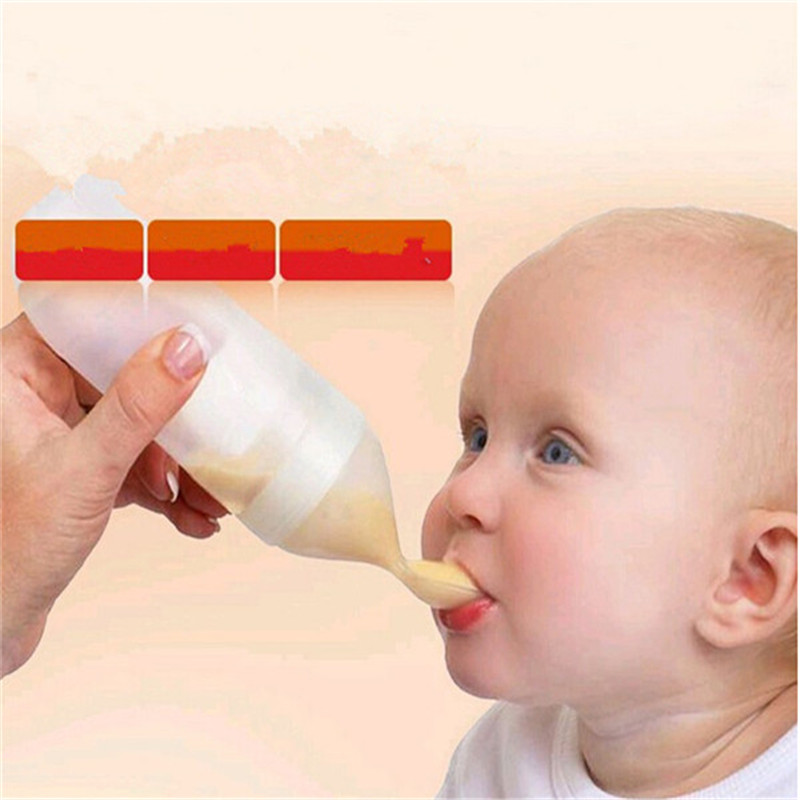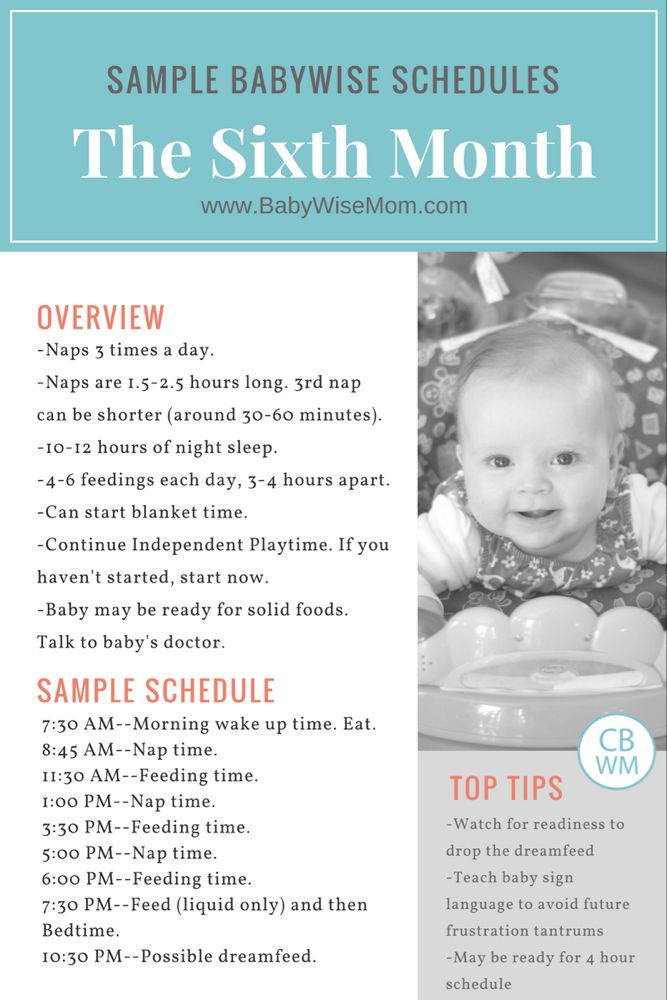Baby reluctant to feed
Breastfeeding sleepy and reluctant babies
Go backExplore this article's topics:
Feeding Breastfeeding Common breastfeeding challenges
There are lots of reasons why your baby may be reluctant to feed. It doesn’t mean you aren’t doing a good job as a mum. Don’t put too much pressure on yourself to know all the answers straight away and speak to your midwife or health visitor if you have any questions or concerns, or are looking for ways to make feeding more comfortable.
How often should my baby feed?
All babies are different, but it's very common for babies not to feed all that much in the first 24-48 hours, and some don't attach at all. However, from day 2-3 days babies should become much more awake and feed in more frequent (but probably irregular) bursts at least 6 times in 24 hours.
How do I know if my baby's getting enough milk?
Photo of a baby breastfeeding
Breastfeeding at first can be really hard to get used to and you might find yourself wondering if your baby has had enough milk - it can be very hard to judge how much breastmilk your baby has had, but they are clever wee things and you have to have some faith that your baby knows whether it needs more milk. There are signs to look out for if you think your baby isn't getting enough milk.
Why are some babies reluctant to feed?
This happens most often when babies don't get skin-to-skin contact with mum soon enough or for long enough after the birth. Ideally, you want skin-to-skin contact with your baby straight away and for as long as it takes for your baby to want to feed. If you don’t have any complications, your midwife will help you get skin-to-skin with your baby quickly after they are born. Some reluctant babies are just too tired, sore, or sedated to feed after birth, and others can't because they are premature, ill or jaundiced.
What if I miss my baby's signs that they're hungry?
New mums sometimes miss or don't understand their baby's feeding signs – our page about learning your baby's cues explains what you should be looking for. Don’t worry if it takes a while to get used to when your baby wants a feed – it's something you are both learning together and it's baby steps for both of you.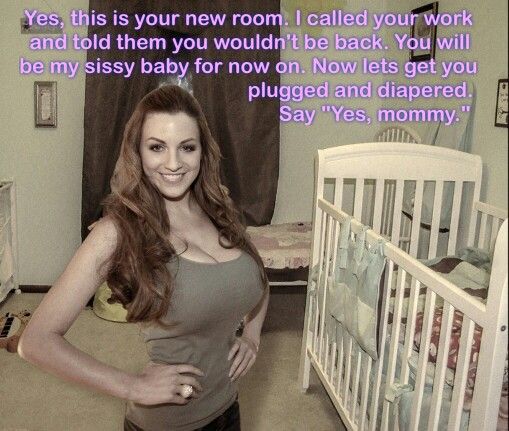 It's completely understandable to be worried about how much milk your baby is getting if they're not feeding in the early hours and days. It might help to know that babies are born with several days' supply of fluid and stored fat to get them by until they're ready to feed.
It's completely understandable to be worried about how much milk your baby is getting if they're not feeding in the early hours and days. It might help to know that babies are born with several days' supply of fluid and stored fat to get them by until they're ready to feed.
What's the solution?
Your midwife will check in on you to make sure your baby is well and to help you spot the signs that they're ready to feed – remember you can ask your midwife (in the hospital or at home) to help show you how to get in a comfortable position to help get your baby feeding. This video shows just this – very often all it takes is some help with positioning, skin-to-skin contact and a little patience!
Top tips to encourage a reluctant or sleepy baby to breastfeed
Tip #1: Hand expressing to keep your milk supply up
Start hand-expressing your colostrum – this is the first milk you make, and helps protect your baby from illness and infection. You can give this to your baby by syringe, spoon, dropper or cup. Expressing helps to build a good milk supply for when your baby is ready to feed. If this is your first time breastfeeding, it will take some time to get used to expressing your milk. You can find out more about expressing here.
You can give this to your baby by syringe, spoon, dropper or cup. Expressing helps to build a good milk supply for when your baby is ready to feed. If this is your first time breastfeeding, it will take some time to get used to expressing your milk. You can find out more about expressing here.
In the first couple of days you only make small amounts of colostrum so don’t become disheartened if it is difficult or takes time. It will get easier as each day and week goes by.
Tip #2: Try lots of skin-to-skin contact
Aim for lots of skin contact and being close to soothe your baby and give them the opportunity to feed.
Tip #3: Try to find a comfortable feeding position
Biological 'laid back' breastfeeding positions can help encourage babies to feed. Your midwife will be able to show you comfortable ways to feed. You can find out more about feeding positions here.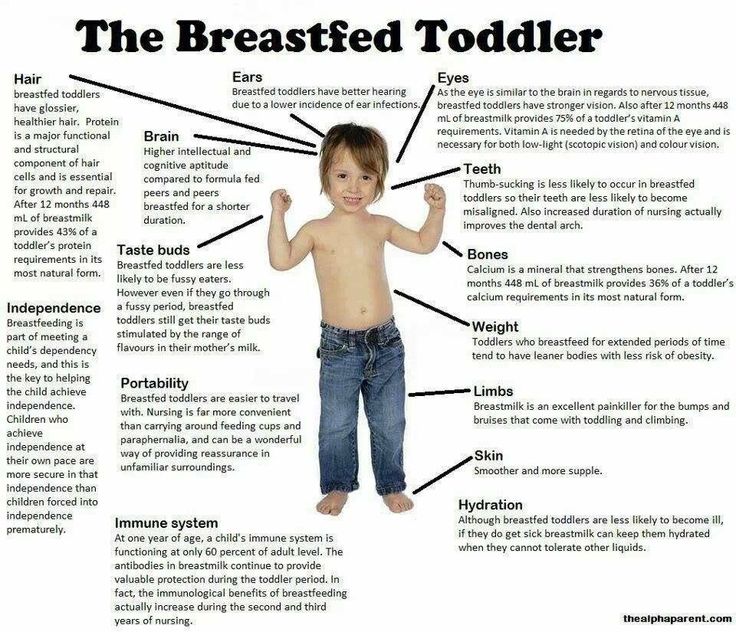
Tip #4: Get your baby ready for a feed
Massaging your baby's skin, changing their nappy and expressing a little milk for them to taste can help get your baby interested in feeding.
Tip #5: Don’t force your baby to feed
Don’t push your baby by the head or try to force them to feed as this could put them off completely.
Getting to know your baby
Learning your baby's cues
Signs your baby isn't getting enough milk
Refusing the breast
Looking after yourself with a newborn
The Scotland wide donor milk bank
This article was created as part of
Last updated: 31 May, 2022
Signs your baby isn't getting enough milk
Go backExplore this article's topics:
Feeding Breastfeeding Common breastfeeding challenges
However you're feeding your baby, you'll be able to tell how well they're feeding by the contents of their nappy, their general appearance and behaviour, and their weight.
If you’re worried about whether your baby is getting enough milk, NHS Infant Feeding Advisor Marianne shares her advice in this short video.
Nappy contents
In the first couple of days babies don't pass much urine and the first dirty nappies will contain a thick, black, tar-like substance called meconium.
- Wet nappies: after the first few days, your baby should have at least six heavy wet nappies a day.
- Dirty nappies: after the first few days, your baby should pass a soft yellow stool at least twice but usually many more times every day. For older babies (one month old and beyond) it’s normal for bowel movement frequency to change; some babies may only have a dirty nappy once a week but if everything else is okay, there’s no need to worry.
Have a look at our feeding checklist for more information on this.
Warning sign: If your baby has fairly dry nappies and doesn't poo often, it could be a sign they're not getting enough fluid.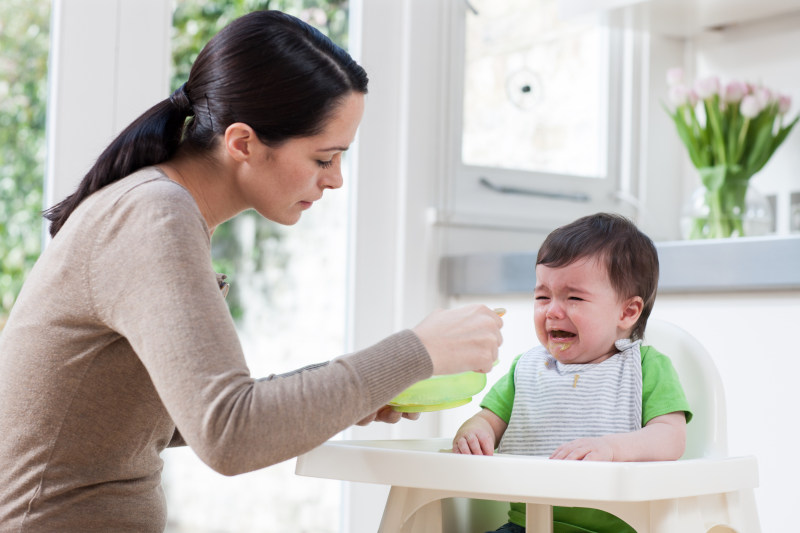 Let your health professional know if this is the case.
Let your health professional know if this is the case.
Appearance and behaviour
- Your baby should attach to the breast without a fuss at most feeds.
- They should seem content and satisfied after most feeds.
- Their skin colour should be normal – any jaundice should be going away.
- Your baby should be alert when they're awake.
Warning sign: Contact your health visitor if your baby's behaviour and/or appearance doesn't match with the above. You can find out more about jaundice here.
Weight gain
Babies gain weight at different rates, but sometimes slower weight gain can be a sign your baby isn’t getting enough milk.
Warning sign: Your health visitor will be keeping tabs on your baby's weight in your maternity record and then your red book. If they haven't flagged up a problem your baby is most probably doing fine. However, if you think your baby isn't gaining enough weight, let your health visitor know. They will do everything they can to make sure there are no feeding issues and that you're confident your little one is gaining a healthy amount of weight.
They will do everything they can to make sure there are no feeding issues and that you're confident your little one is gaining a healthy amount of weight.
Learning your baby's cues
Feeding checklist
Breastfeeding sleepy and reluctant babies
Refusing the breast
Early large weight loss
Poor weight gain
Jaundice
Why is my baby crying?
This article was created as part of
Last updated: 21 Jan, 2022
8 reasons why a child refuses to eat
Our life is impossible without food.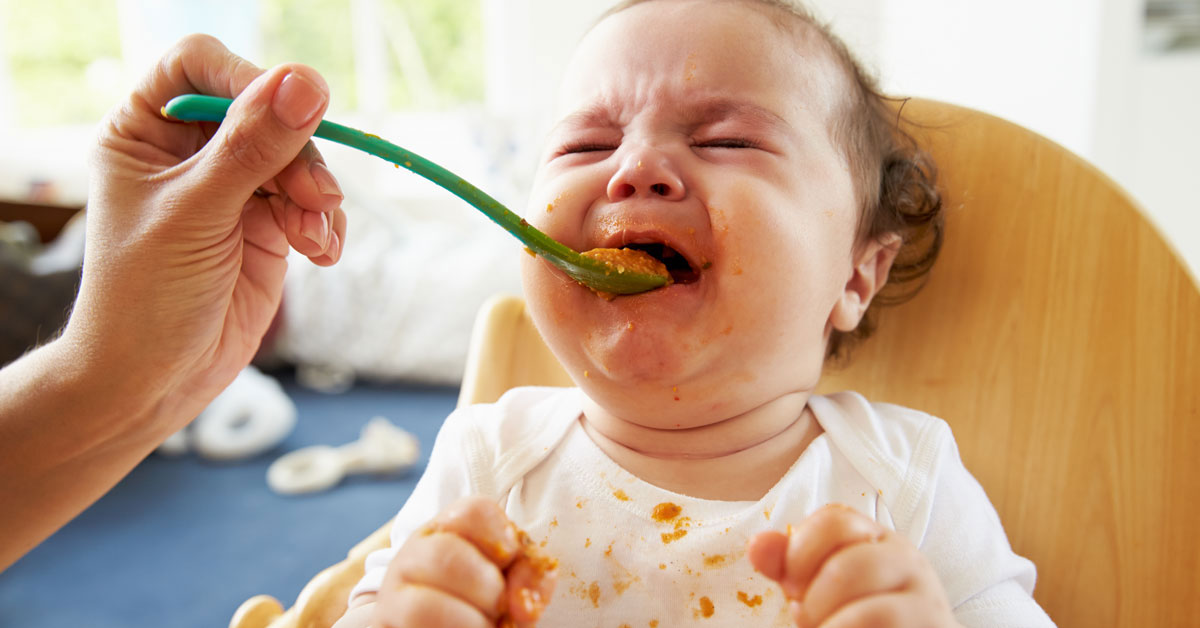 From birth, a child has an instinct for eating. And with age, he does not cease to understand whether he wants to eat or not. Therefore, forcing a child to eat on the part of the parents is wrong. If the child grows and develops normally, then let him eat what he wants and how much he wants. Forcing the baby to eat, you can easily break his natural sense of proportion, and then fight overeating and being overweight. All children are different and it is important to give the child the amount of food that will satisfy his needs. And these needs depend on various factors. If the little one refuses to eat, try to understand the reason for this behavior.
From birth, a child has an instinct for eating. And with age, he does not cease to understand whether he wants to eat or not. Therefore, forcing a child to eat on the part of the parents is wrong. If the child grows and develops normally, then let him eat what he wants and how much he wants. Forcing the baby to eat, you can easily break his natural sense of proportion, and then fight overeating and being overweight. All children are different and it is important to give the child the amount of food that will satisfy his needs. And these needs depend on various factors. If the little one refuses to eat, try to understand the reason for this behavior.
1. The child is not hungry. Even if a long time has passed since the last meal, it is possible that the child is still full. Parents should take into account the calorie content of food and the energy consumption of the child. If the meal was high in calories, but after that the child watched cartoons and did not run in the yard, then he may not want to eat for a long time. Physical activity encourages the body to expend energy and the child will get hungry faster.
Physical activity encourages the body to expend energy and the child will get hungry faster.
2. The child does not have a daily routine. It is advisable to feed the baby at about the same time. The optimal portion for a child is two of his palms folded together. In addition, it is necessary that the child every day spend time in the fresh air and go to bed on time. If the child has little active pastime, then do not be surprised that he does not eat well.
3. The child is ill. Lack of appetite may be a symptom of some disease. Many children begin to eat badly when they are teething. Often the child refuses food when he has a fever. Before forcing a child to finish eating porridge, make sure that he is healthy.
4. The child "interrupts" the appetite. Sometimes snacking can cause a child to eat poorly at lunch or dinner. Do not give any cookies or sweets if you plan to sit down at the table soon.
5. The child does not like a particular dish.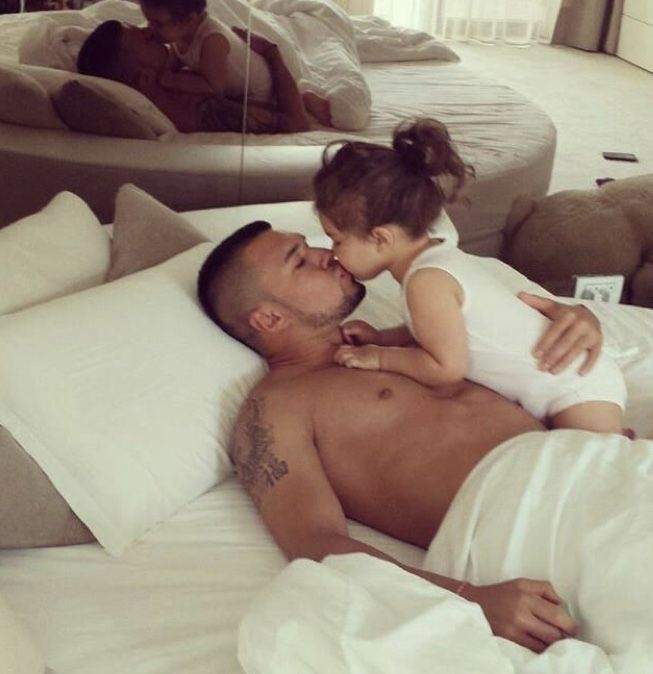 The baby may not refuse food in general, but simply milk porridge or borscht. Everyone has their preferences and kids have them too. Consider your child's preferences when planning menus. Accustom the little one to new tastes gradually, in the same way as complementary foods were introduced. Children are reluctant to perceive new tastes, but if given often and a little bit, they get used to it.
The baby may not refuse food in general, but simply milk porridge or borscht. Everyone has their preferences and kids have them too. Consider your child's preferences when planning menus. Accustom the little one to new tastes gradually, in the same way as complementary foods were introduced. Children are reluctant to perceive new tastes, but if given often and a little bit, they get used to it.
6. The child has psychological problems. Children subtly feel the psychological situation in the family. Refusal to eat may be associated with a desire to attract the attention of parents to their person.
7. The child developed an eating neurosis. If parents force the child to eat regularly, without taking into account his desire, then the baby may develop food neurosis. Such children begin to cry at the sight of a plate, they can run away to another room and become hysterical.
8. All children are different. Do not compare your child with other children.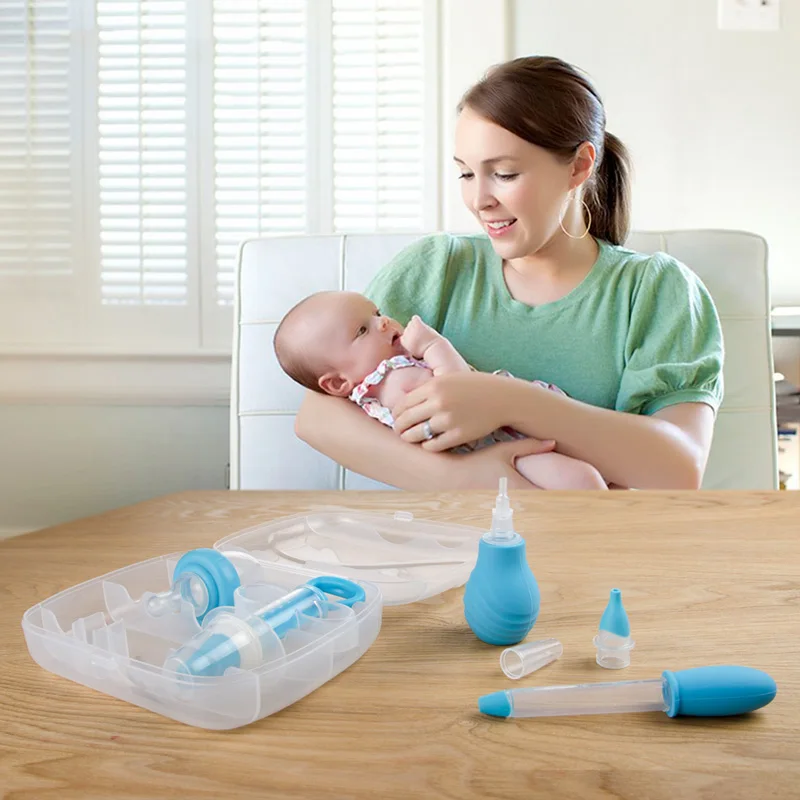 All have their own physical characteristics. If the baby eats little, just make these small portions as healthy and nutritious as possible, but do not force him to eat more than he wants.
All have their own physical characteristics. If the baby eats little, just make these small portions as healthy and nutritious as possible, but do not force him to eat more than he wants.
Do not treat the refusal of food as disobedience and whims. Try to understand what the problem is and solve it. Think and analyze your behavior, did you do everything as it should? If you realize what you did wrong, then try to quickly correct your mistakes. Use methods such as fairy tale therapy. Before going to bed, the child will listen with pleasure about his favorite fairy-tale hero, who ate well, so he was strong and courageous. Try to interest the child in the beautiful design of the dish. Ordinary products can become a castle, a car, a cute face - there is room for parental imagination to roam.
If the child does not eat well: what to do and what not to do
What to do if the child does not want to eat.
- Malyusik, well, one more spoon - and that's it! Last! I ate only two, let's have a little more, here's the most delicious piece for you! - says the average mother, offering a spoon with one hand, playing the accordion with the other, showing the trick with the disappearance of the handkerchief with the third, turning the cutlets over with the fourth, while doing somersaults on one leg.
Sound familiar?
Every dad has an instinct to bring home food, and mom has to feed the baby food. And if he refuses to eat, a signal is triggered - "I'm a bad mother" or "the child is sick."
In this case, the most important thing for a parent to understand is whether the child DOES NOT WANT or CANNOT eat?
If the baby is running around, having fun and looking good, without showing any signs of illness, then most likely he does not want to eat. There can be many reasons:
- A breastfeeding child prefers milk and dairy products, intuitively understanding that he needs calcium, and now milk is healthier for him than soup.
- The child wants a cookie, not vegetables.
- He's really not hungry. For example, his metabolism is slow, breakfast has not yet been digested, and lunch is already being offered. Or the child was sitting in front of the TV after breakfast and his appetite had not yet had enough time to play out. Compared to the boy next door who was outside all day.
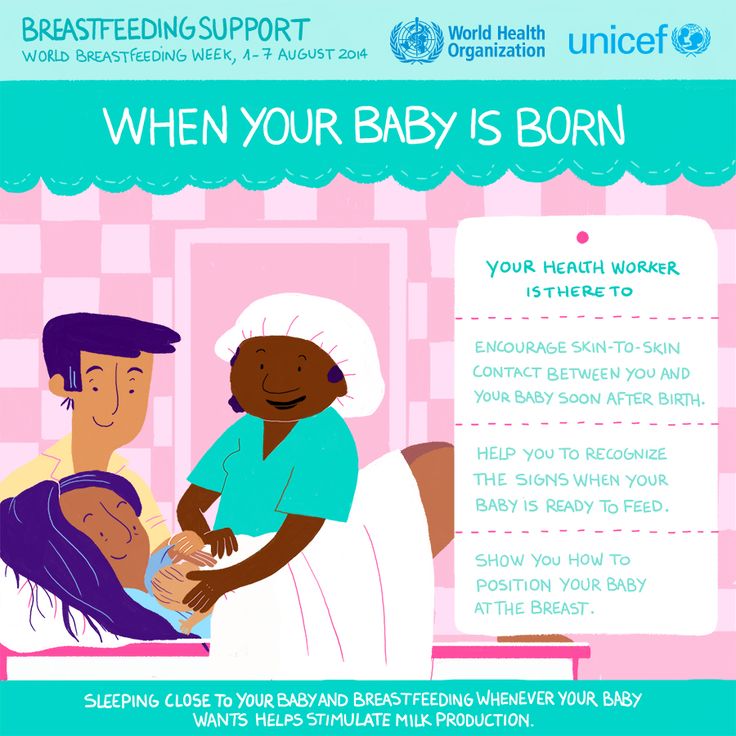
- If a child is not genetically destined to become Uncle Styopa, then he can eat much less than his peer, who has tall parents.
- Psychological problems. If earlier you accidentally gave your child a bitter cucumber, then he may refuse any green food. Or you yell at the child during the meal, and for him the food is perceived as a trauma.
If your child is lively, but at the same time he has a "bad appetite", then this is not his problem, but yours - the psychological problem of an unsatisfied instinct. If a child jumps, jumps, he has healthy nails, hair, etc., think less about what he lacks. Better think about something nice))
An active child = not a hungry child.
Wait for the natural desire and correctly distribute energy costs - walk more often, send the child to the sports section, or simply say: “If you don’t want to, take a walk, dinner is not earlier than seven and no snacks.” That is, if your child simply does not want to eat, normalize feeding - strictly at a certain time and without snacks. The body will get used to secrete gastric juice strictly according to the schedule.
The body will get used to secrete gastric juice strictly according to the schedule.
And one more thing. There are no rules about how much a child should eat. He can eat a kilo (and make you very happy) and 9Send 00 grams to the toilet. Or eat 100 g and learn everything.
But it is much more difficult if the child CANNOT eat.
Causes:
- If you are breastfeeding, you may have “tight breasts”, when it is very difficult for the baby to suck milk.
- A child has a runny nose, and when he eats, he begins to choke.
- Food hot, cold, sour, bitter.
- He has sores in his mouth (for example, from toys), and they hurt when food gets on them.
- Teeth are cut, gums hurt.
- Bowel problems. The stomach starts to hurt while eating.
- The child simply fell ill (cold, SARS, poisoning, influenza, etc.). If the child is sick, and he is not dystrophic, then you should not force him to eat. The body fights infections better when it's hungry.
